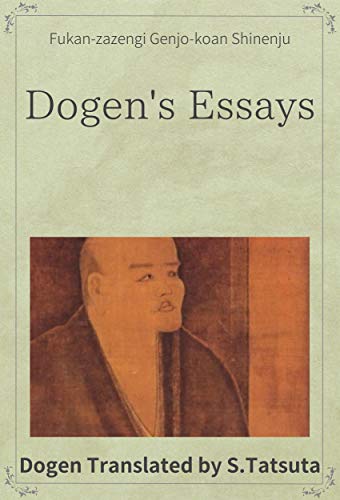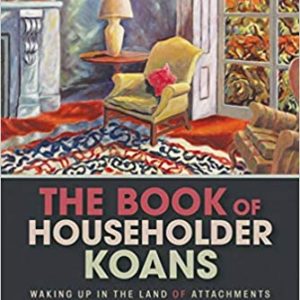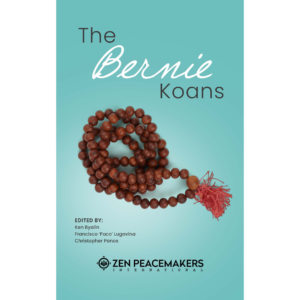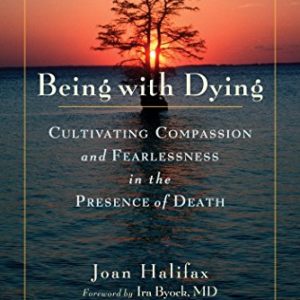Description
It is difficult to understand the true meaning of the Shobogenzo through ordinary understanding and interpretation, and there are ways in which the true meaning can be conveyed through the advocacy of a master who, like Dogen, has attained enlightenment. After his enlightenment, Gien Inoue Roshi (1894-1981) spent his life teaching the Dharma as a teacher of the Soto sect, and many enlightened people were born from his students. Kandō Inoue Roshi, who succeeded to the Dharma of Master Inoue Gien, also continued to advocate the Shobogenzo throughout his life all over Japan.
When I listen to the advocacy of Gien Roshi and Kando Roshi, I can understand Mater Dogen’s words very well. It is said that Master Dogen is showing us the true state of human beings, which cannot be reached by thought.
Gien Inoue Roshi says that the enlightenment in Buddhism is to fall into the origin from which we were born without knowing it. The problem is that we are living in a world of clarity, but we have doubts about it. We really become aware of the fundamental error bottomless. This is the state of enlightenment of the Buddhism, he indicates. He says that anyone can be thorough like Zen adepts by practicing without discernment. The attitude of the practice is not to cross over to thinking and discernment, but to leave the views behind and just go with the functions of the six organs and leave them to the tools. By carrying out this practice, you will be able to get the real-world aspect of the movement of the Dharma, away from discretion, and you will be able to live freely in unlimited activity.
I am currently under the guidance of Kando Inoue Roshi, who succeeded to the Dharma of Gien Inoue Roshi. After five years of transcribing Kando Roshi’s teachings, I learned to transcribe them as they were written, without my own interpretation. In the translation, I listened to the advocacy of Gien Roshi and Kandō Roshi, and tried to accurately understand Master Dogen’s words and choose terms that would convey his true meaning. I took care not to give my own interpretation, not to include personal opinions, and not to use expressions of thinking or opinion as much as possible. I asked Master Inoue Kando Roshi for guidance on the meaning of difficult words and their contexts. I hope that Master Dogen’s teachings will be conveyed beyond the limitations of language.
I have referred to some of the English translations of Master Dogen’s works by our seniors. I am grateful to them.







Reviews
There are no reviews yet.